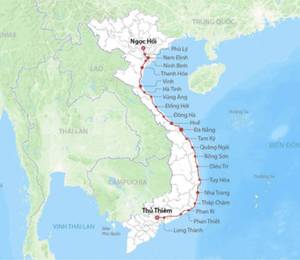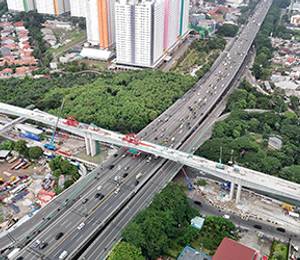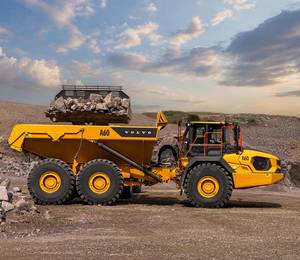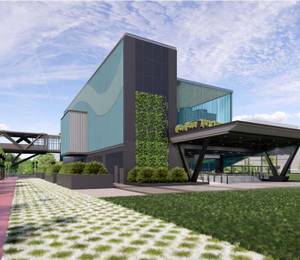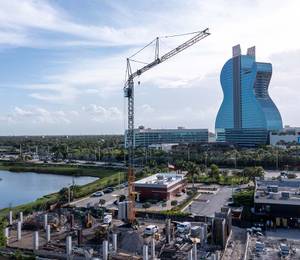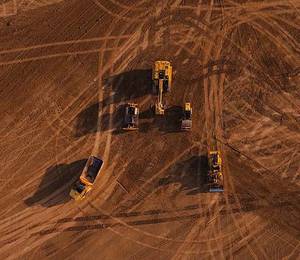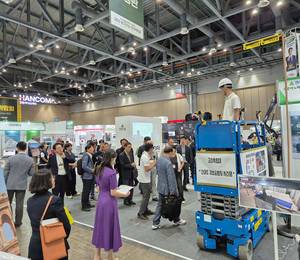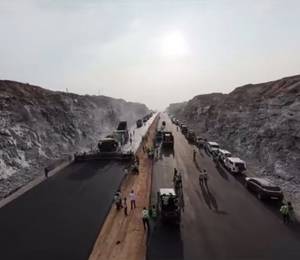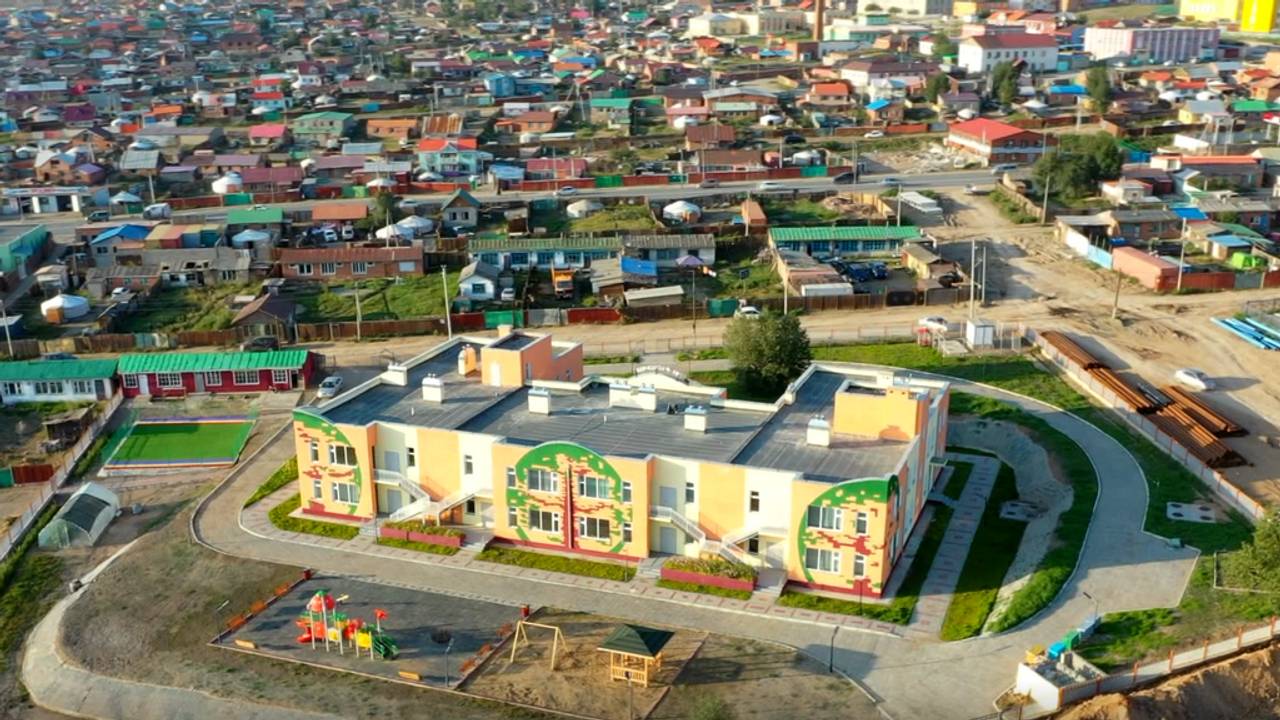The Asian Development Bank (ADB), International Finance Corporation (IFC), and the Municipality of Ulaanbaatar City have signed a Memorandum of Understanding (MOU) to support the implementation of the Excellence for Design and Greater Efficiencies (EDGE) green building standards and the certification system for 10,000 new affordable homes to be built under the Ulaanbaatar Green Affordable Housing and Resilient Urban Renewal Sector Project in Mongolia.
ADB, the Municipality of Ulaanbaatar, and the Development Bank of Mongolia are working to transform the ‘ger’ areas (settlements of low- and middle-income households) in the capital city into affordable, climate-resilient, and liveable eco-districts with support from the Green Climate Fund and the High-Level Technology Fund. The US$570.2 million project, which includes grants and some US$350 million in private sector investment, will build 10,000 energy efficient homes in 20 new environment-friendly districts with good services, green spaces, and access to shops and jobs. Out of 10,000 homes, 1,500 will be social housing, 5,500 will be affordable housing, and the remaining 3,000 will be sold at the prevailing market price.
“At the government’s initiative and with ADB and IFC’s support, we are excited to pilot an internationally recognised format that offers a global perspective, but in a local context,” said Sukhbaatar Borkhuu, executive director of Mongolia’s Capital City Housing Corporation.
With IFC’s help, the design and development of the affordable homes will be improved by adopting EDGE standards. In partnership with the Energy Sector Management Assistance Program administered by the World Bank and the Government of Hungary, IFC has been facilitating the Ministry of Construction and Urban Development and Energy Regulatory Commission to assess the energy efficiency of buildings in Mongolia through the development of a building labelling system. IFC is also promoting green building certifications in Mongolia, including IFC’s EDGE resource efficiency certification.
“An IFC analysis sees a US$3.4 trillion green buildings market through 2025 in developing countries. Against this backdrop, green construction can help a rapidly urbanising city like Ulaanbaatar become more liveable - while saving money and securing emission cuts,” said Rufat Alimardanov, IFC’s resident representative in Mongolia.
IFC - a sister organisation of the World Bank and a member of the World Bank Group - is the largest global development institution focused on the private sector in emerging markets. It works with more than 2,000 businesses worldwide, using its capital, expertise, and influence to create markets and opportunities where they are needed most. In fiscal year 2019, it delivered more than US$19 billion in long-term financing for developing countries, leveraging the power of the private sector to end extreme poverty and boost shared prosperity.
